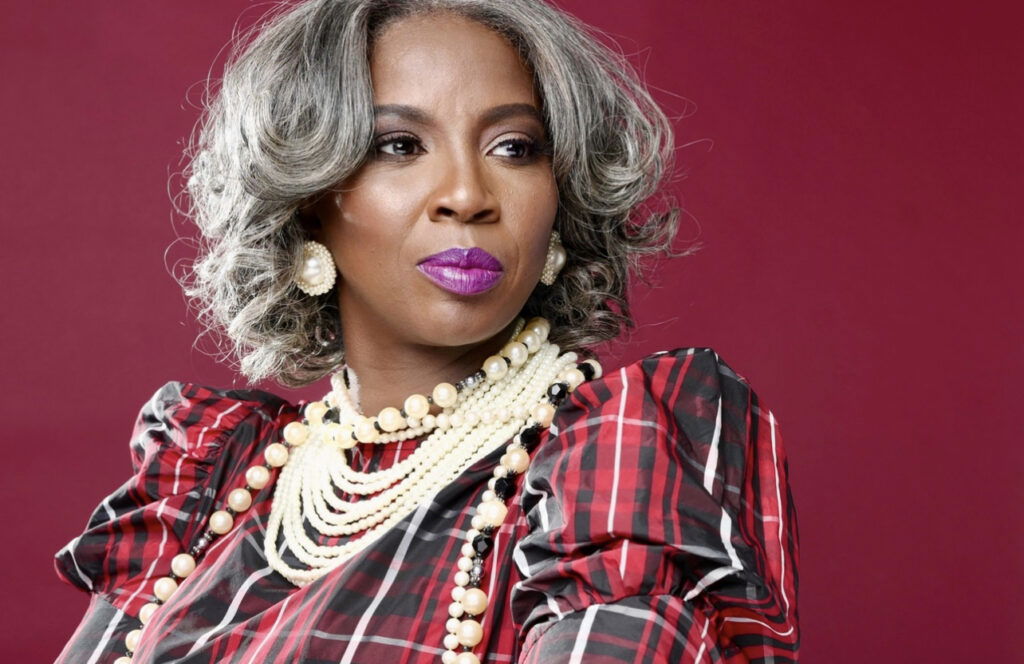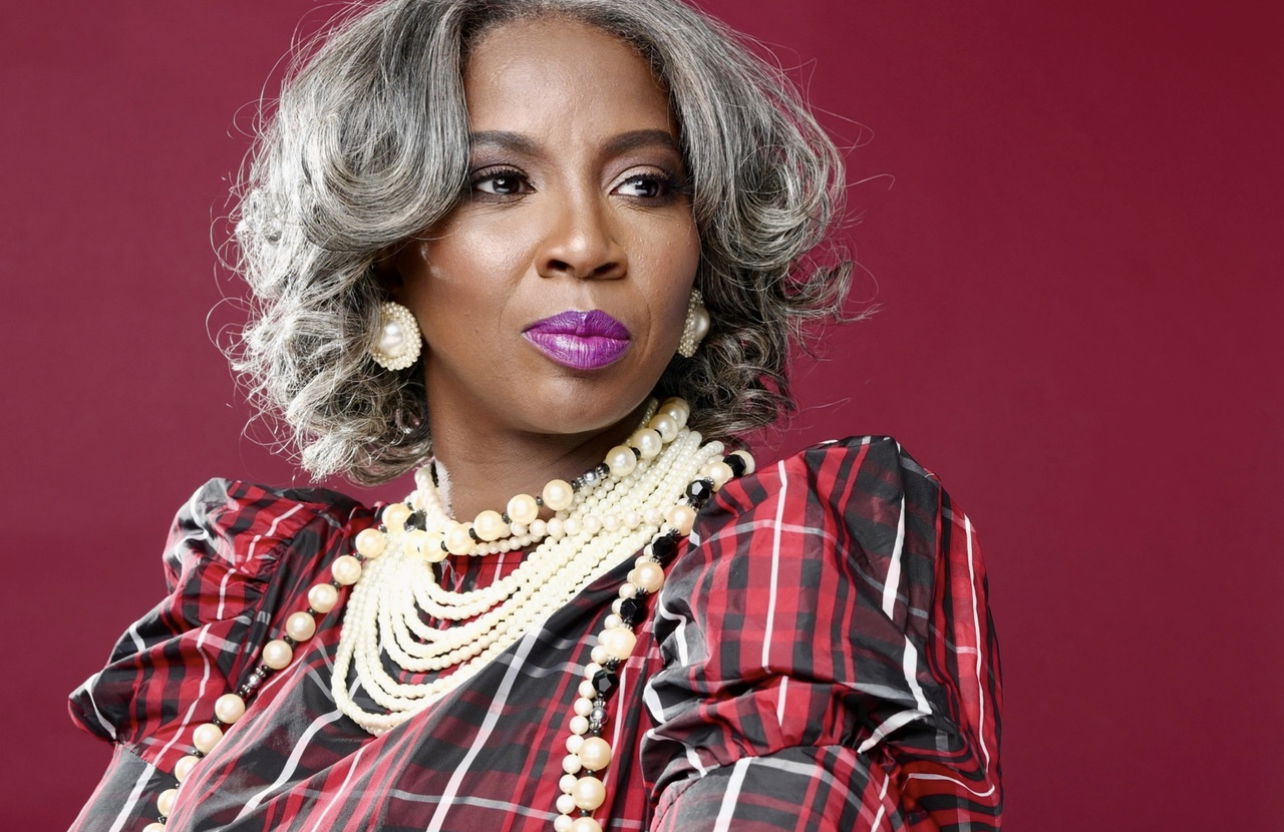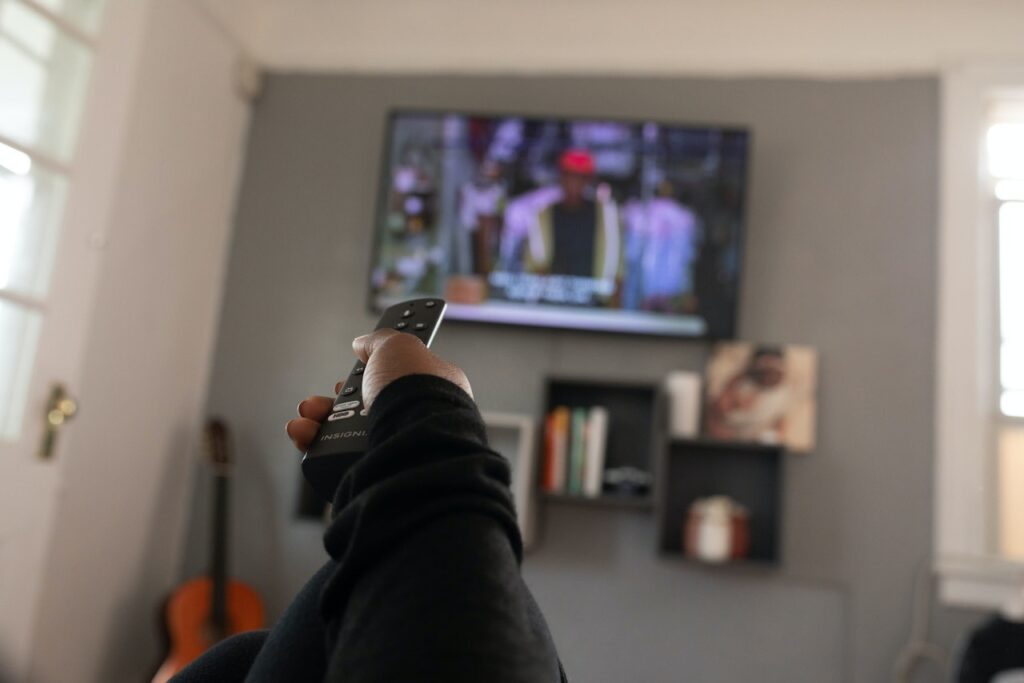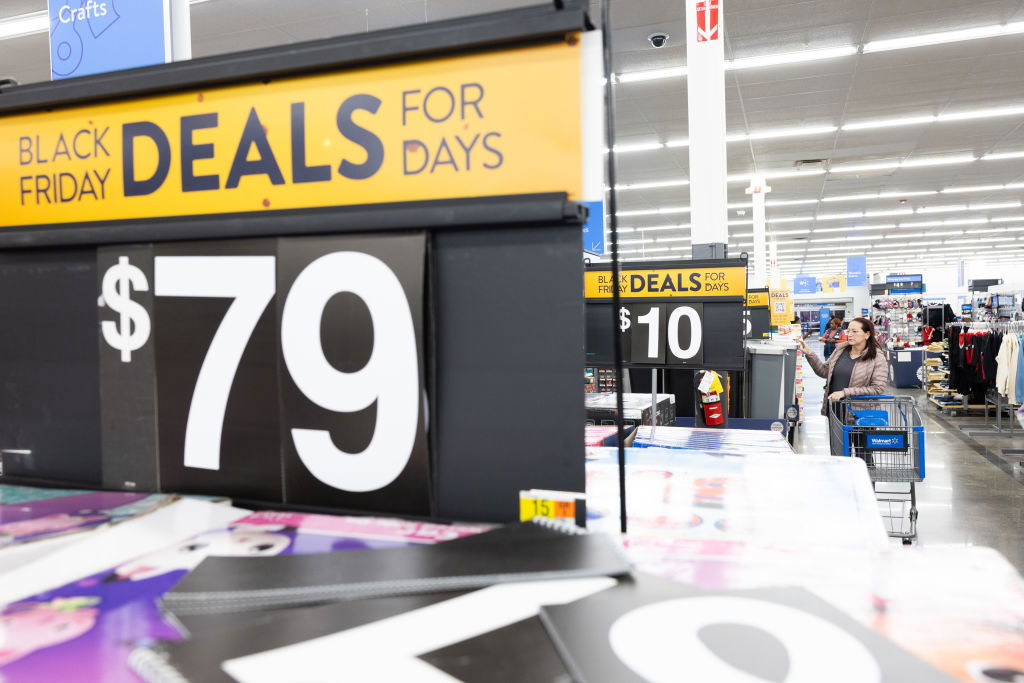Gun violence leaves behind more than just headlines; it leaves behind grieving families, shattered communities, and unanswered questions. For Oresa Napper Williams, the pain became personal when she lost her son, Andrell Napper, to senseless violence. Instead of succumbing to despair, she turned her grief into action, founding Not Another Child to support families facing similar tragedies. Now, with the release of her book, Good Grief, she’s providing a roadmap for healing, resilience, and advocacy.
BLACK ENTERPRISE sat down with Napper-Williams to discuss the emotional toll of gun violence, the urgent need for systemic change, and how Good Grief is giving survivors the tools to navigate their pain and reclaim their power.
BE: Grief is deeply personal, yet your book Good Grief offers a collective path to healing. What was the turning point that led you to transform your pain into a guide for others?
Oresa: My transformation began after I sat with the reality of my son’s murder. After the funeral and burial, despite having support, no one could fully sit in that pain with me. Then I began meeting families who didn’t have any support, families who were navigating trauma alone, burdened by societal stereotypes and media portrayals of their loved ones.
It became clear to me that I couldn’t live in grief by myself, nor could I let others. So, I began walking alongside them. I listened. I learned. I led. And I allowed myself to heal by healing with them. That shared experience made the weight of grief more bearable and more transformative.
BE: Gun violence has left a devastating impact on Black communities. From your perspective, what are the most critical changes needed to break this cycle?
We must recognize that this is not someone else’s problem. Gun violence is an all-hands-on-deck crisis. Even if you haven’t lost a loved one, it affects you—your community, your future, your peace.
The solution requires action on multiple fronts: legislation, mental health resources, education, and community healing. Guns don’t just show up. They’re trafficked, often into neighborhoods already struggling with systemic neglect. We need to hold systems accountable and work collectively to create a culture that values life and fosters healing.
BE: Through Not Another Child, you’ve supported countless grieving families. What are some of their most common struggles, and how does your organization help them navigate loss?
These families face trauma that is both emotional and systemic. Many are immediately judged, and there’s often an assumption that their loved one was involved in something criminal. That judgment can lead to being denied victim compensation, receiving cold treatment from institutions, or getting no answers at all from law enforcement.
At NAC, we offer something rare: survivor-led services. We provide a safe, nonjudgmental space where families can grieve openly, navigate the legal system, and find emotional support. We’re there for court dates, anniversaries, birthdays, every hard moment. And we stay until families tell us, “I’m OK now.”
BE: Healing often involves both individual and community action. How do you balance personal healing while advocating for systemic change in gun violence prevention?
When I realized this was my divine assignment, I knew it wasn’t just about me or my son, though both matter deeply. I believe my son’s transition had a greater purpose, and that belief fuels my advocacy.
This work is about systems, yes—but it also starts with self. I make space for my grief, for rest, and reflection. If I don’t heal myself, I can’t show up authentically for others. Healing is not a one-time act; it’s ongoing. And when I show up as my whole self, I can better guide others toward healing, too.
BE: Many survivors feel isolated in their grief. What advice do you give to those struggling to find support or meaning after losing a loved one to gun violence?
First, find your people. Community is everything. At NAC, we’ve seen survivors become chosen family—people who understand your pain without needing an explanation.
No matter where you are, you are not alone. Whether your loss was due to violence, cancer, or anything else, there’s a support system out there for you. Community helps you rediscover purpose, and that purpose is personal. It doesn’t have to mean starting a nonprofit; it could be something as simple and powerful as walking with someone on a similar path or sharing your story.
As I say in Good Grief: “Time doesn’t heal; it reveals the why.” Your loved one’s life and legacy have meaning. That meaning is your anchor.
BE: There’s a stigma in the Black community surrounding mental health and grief counseling. How does Good Grief challenge these stigmas and encourage open discussions about trauma?
Good Grief challenges those stigmas head-on. Too many of us are carrying trauma we’ve never unpacked. When something like a loved one’s murder happens, it often compounds decades of unprocessed pain.
Before I could mourn my son, I had to confront childhood trauma, poverty, single motherhood—all of it. That’s why mental health support is vital. It helps you work through the layers, not just the surface loss. Healing requires trained professionals, not just good intentions.
BE: What’s one message you hope readers take away from Good Grief, especially those directly impacted by gun violence, what would it be?
Grief is real, and it’s heavy. But you don’t have to stay in the darkness. Give yourself grace. Remember that healing takes time and intention. Focus not just on the loss but on the love, the laughter, the legacy your loved one left behind. That’s where the light is. Healing starts when you allow yourself to grow through what you go through.
To learn more about Good Grief, visit: www.oresawill.com.
RELATED CONTENT: Fallen Hero: Mississippi Church Honors Security Guard Killed At Easter Event






